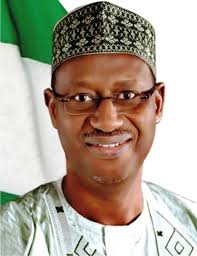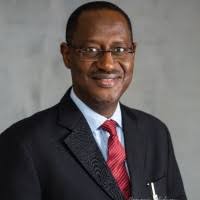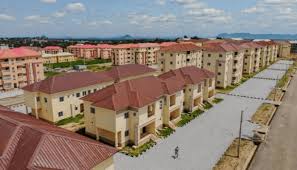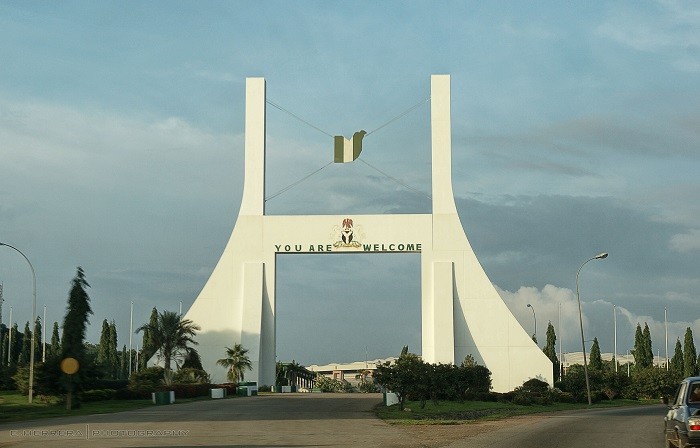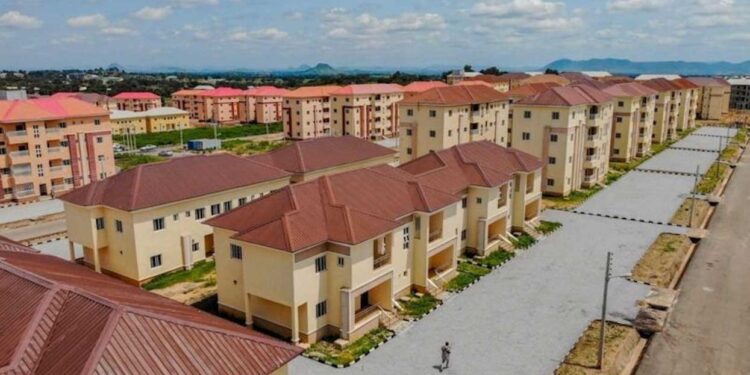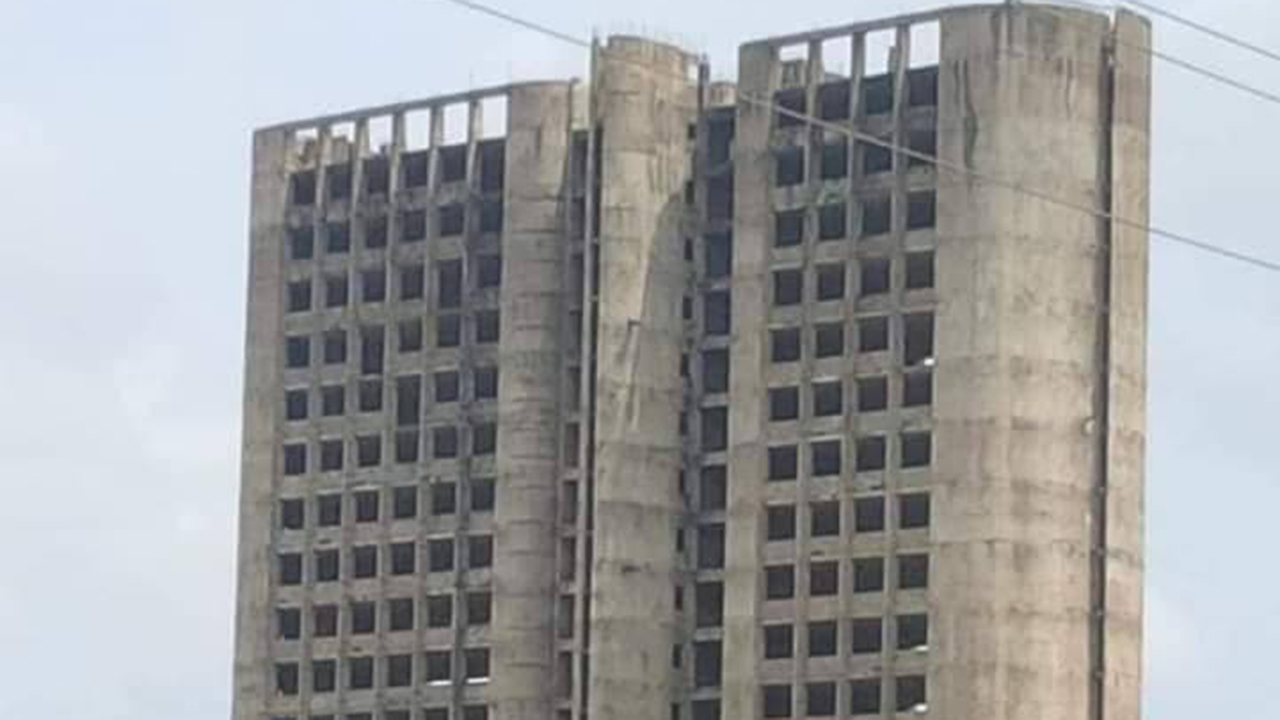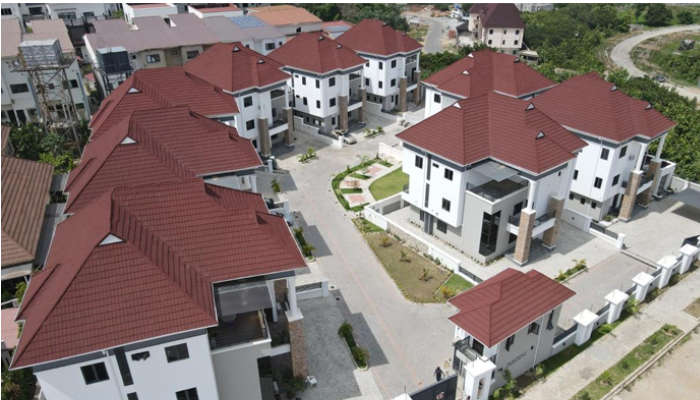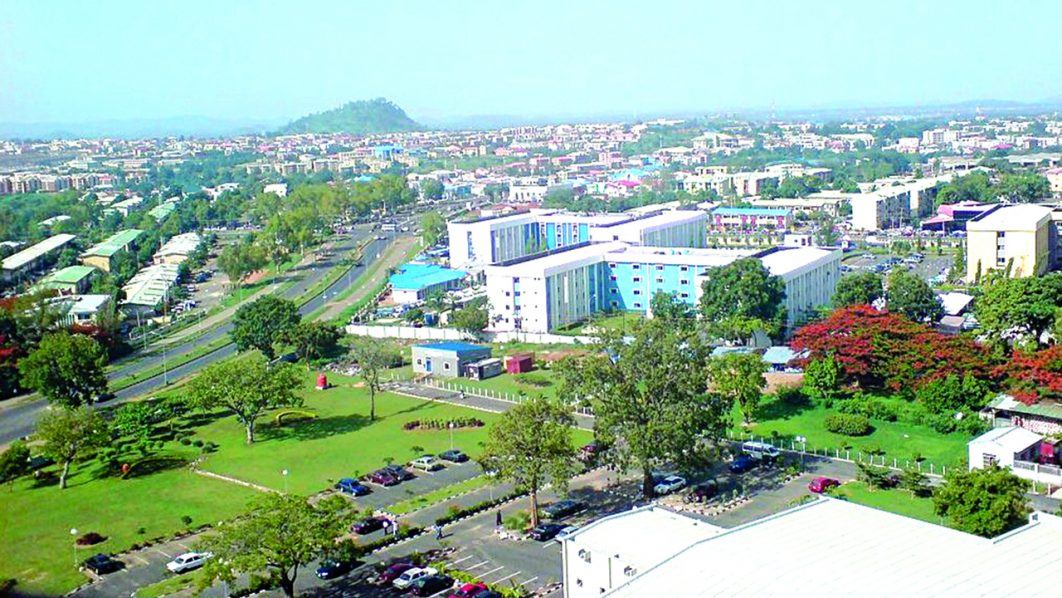
Rent rises by 35% in Abuja metropolis, environs
Abuja rent growth is outpacing the rest of the northern region as the city’s apartment market roars back from the depths of the pandemic and puts pressure on the disposable income of residents.
The high rent is noticeable in highbrow locations and the outskirts of Abuja. Between January and September, rents rose as high as 40 and 50 percent across locations, including axis initially considered as cheap with a price range of 700,000 for two-bedroom and N800, 000 for three-bedroom.
Essentially, in Abuja municipality and areas such as Garki, Utako, Wuye and other axis, averagely a two-bedroom apartment in the lower cadre of the housing market, goes for N1.5million and the medium income properties were pegged at N1.8 million.
Unfortunately, at the moment, with N2 million, such apartments are no longer available. Property owners are seeking N2.5million and above. Residents, who were spending 30 percent of their disposable income on rent, now have to stretch and increase to 50 and 60 percent, since housing is a basic necessity for human survival.
The Guardian investigation shows that the reality of high rents charged by property managers have forced residents to relocate to neighboring areas such as Suleja, Lugbe, Karu, Kuje, Old Nyanya, Lokogoma, Kiyami, Kasanna, Wumba, Duboyi, Waru, and others in recent times in search of affordable accommodation.
In satellite towns like Kubwa Phase lV and Karo with houses for low income/middle income, where two-bedroom used to be around N500, 000/N600, 000, prices have skyrocketed to N800, 000 and N1million. In Karo, places that were N400, 000 now go for N600, 000 and N700, 000.
Real estate observers blame the trend on migrations to the city due to insecurity in the northern part of the country. The situation, they said is putting pressure on affordable homes in the property market.
With over 3,000 residential estates and a population growth rate of over eight percent yearly, available supplies are far beyond the affordable level for residents both young professionals and families, who fall within the low/middle-income class.
The mass-housing program of the federal government through its agencies in the Federal Capital Territory (FCT) is yet to cushion the housing deficit in the city estimated at 1.7 million homes.
Besides, as the cost of land in strategic locations like Gwarinpa, Maitama, Katampe, Gwagwalada as well as Jabi keep rising; the skyrocketing prices of building materials in the city compound development and accessibility to affordable homes.
The chairman, Nigerian Institution of Estate Surveyors and Valuers (NIESV) Abuja branch, Mr. Ikenna Aghaji, attributed the development to general trends in inflation, which impacted prices of goods and services, including building materials leading to an increase in construction cost.
He said: “You can’t expect people to collect the same rent today with the increase in prices of building materials. Everything is increasing and the cost of property is increasing along with it.
“At the peak of COVID-19 period, things slowed down a bit but as soon as the lockdown was over, commercial activities picked up. With the rise in the exchange rate, everything went along with it. It was a flat increment in prices because those who can’t afford the highbrow areas still go to the non-expensive side, where prices of the property also increased due to high demand. The higher the demand, the higher the amount.”
Aghaji said the government, which is the biggest spender in any economy needs to introduce subsidies to support housing developers to mitigate the rise in the cost of rent not only in the city but also across the country.
The immediate past chairman, NIESV’s real estate consulting arm, Mr. Niyi Fadoju, who also confirmed the rise in rent, attributed the situation to high demand of housing.
He said: “At the moment, to get an apartment in the range of one, two or three-bedroom, it’s very difficult. There seems to be an influx of persons that have security challenges in the upper parts of the country, which necessitated the relocation of their families to Abuja.
“That has put pressure on the demand side. And due to the nature of the real estate, you can’t produce on the supply side to match the demand. “
The property market, he said, is a reflection of the economy as the sector always responds to it.
He said landlords, who depend on rents to meet their daily needs; would also need to increase their rent to cope with the economic situation.
Fadoju, a member of the Estate Surveyors and Valuers Registration Board of Nigeria (ESVARBON), said people have to cut expenditures on other areas to keep a roof over their head.
The past chairman, NIESV Abuja branch, Mr. Emmanuel Alao, emphasized that the demand for housing is based on supply and at the same time rent is a function of the contemporary economic situation as properties and building materials respond to the reality of the time.
Alao, who is also a council member of NIESV said: “Even if a house is not recently built, once there is need for renovation, you have to buy materials from the current market. Landlords go to the same market when you pay to rent and almost every other thing has been affected by inflation. It is just that rent touches people more.”
Similar Topics
Event Set to Celebrate Managers Who Shape Careers and Drive Organizational Growth Business...
10 days ago Read MoreGlobal Leaders to Converge in Lagos for Landmark Event Driving Urban Innovation and...
11 days ago Read MoreIn a bold move to redefine affordable luxury housing, Nigerian real estate giant Gtext Holdings has...
19 days ago Read MoreIndustry Experts Urge Anti-Corruption Measures, Innovative Financing to Address Crisis By: Oche...
24 days ago Read MoreLAGOS, NIGERIA – Global real estate consultancy Knight Frank and UK developer Mount Anvil...
26 days ago Read MoreBy Oche Onum Lagos, Nigeria As Nigeria’s real estate sector braces for 2025, rapid...
a month ago Read MoreBy Oche Onum Abuja, Nigeria In a landmark move to combat climate vulnerabilities in urban...
a month ago Read MoreLAGOS, NIGERIA The Federal Government announced plans Wednesday to establish a Real Estate...
a month ago Read MoreAccording to The Guardian's investigation, 70% of Nigerian states rely on manual land...
a month ago Read MoreWhat is the Initiative? The Federal Government of Nigeria has unveiled an N100 billion private...
a month ago Read MoreAbuja, Nigeria’s gleaming administrative capital, has long symbolized hope for migrants...
a month ago Read MoreAbuja, Nigeria The Federal Housing Authority (FHA) has suspended all ongoing construction projects...
a month ago Read MoreLagos, Nigeria Amid Nigeria’s escalating housing affordability crisis, real estate...
a month ago Read MoreRenowned Nigerian gospel artist Mercy Chinwo has broken her silence in an emotional video...
2 months ago Read MoreThe Nigerian real estate market is projected to hit $2.25 trillion by the end of 2025, according to...
2 months ago Read MoreNigeria’s Minister of Housing and Urban Development, Ahmed Dangiwa, has called on...
2 months ago Read MoreAffordable Housing and Luxury Properties Set to Propel Nigeria's Real Estate Market Over the Next...
2 months ago Read MoreHope for improved housing supply in Nigeria may remain unfulfilled, as the 2025 fiscal budget...
2 months ago Read MoreNigeria commemorated its annual Armed Forces Remembrance Day on January 15, honoring military...
2 months ago Read MoreNigeria’s ongoing GDP and CPI rebasing reveal real estate has overtaken oil and gas as the...
2 months ago Read More

